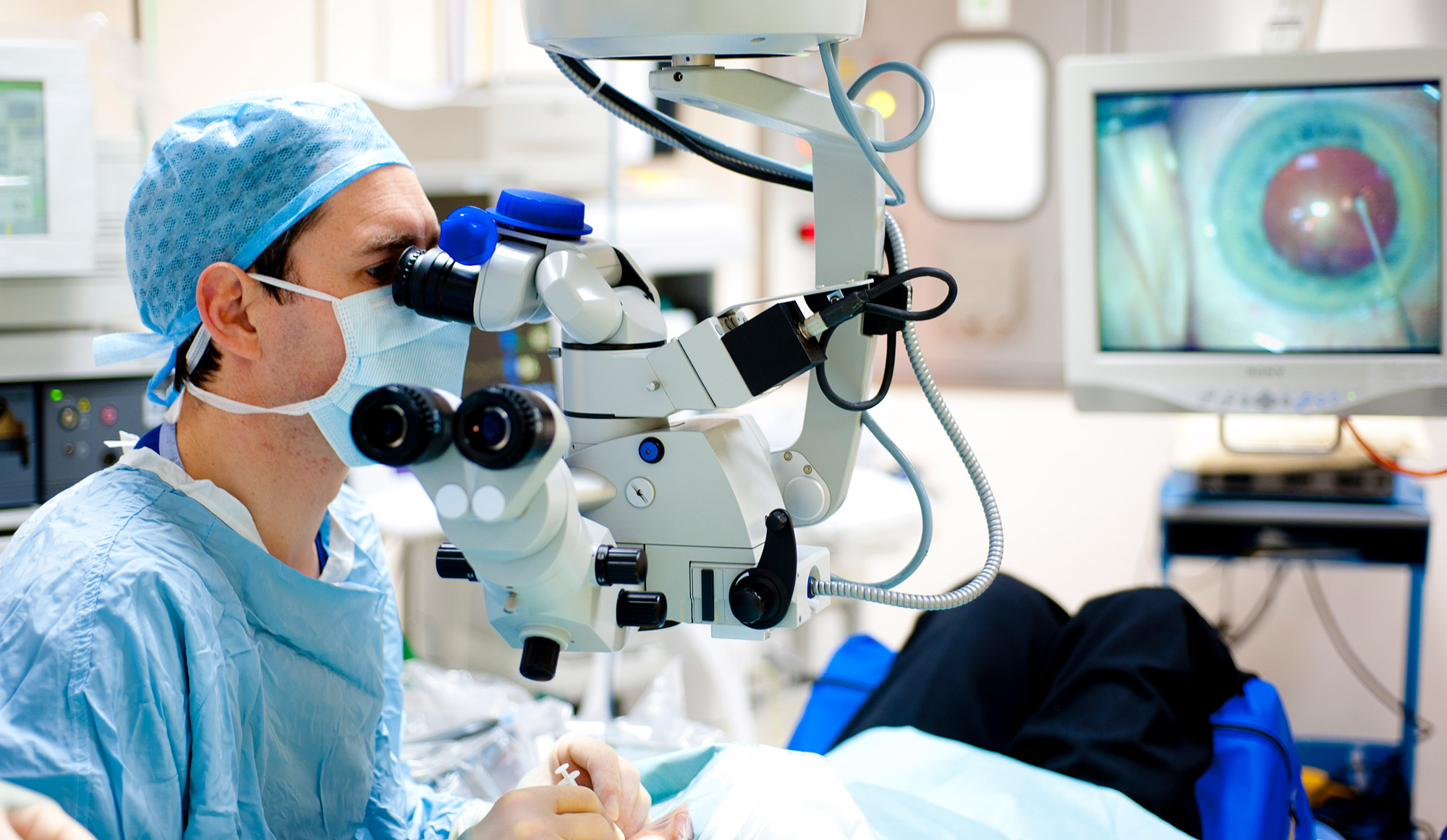Eye health is a key part of overall well-being, and some conditions require specialized care to preserve vision. Retina specialists are medical professionals who focus on diagnosing and managing disorders affecting the retina. Understanding when to consult a specialist can help address specific vision concerns.
Contents
What Is a Retina Specialist?
A retina specialist is an ophthalmologist with advanced training in managing conditions that impact the retina and vitreous, the gel-like substance inside the eye. Their role focuses on identifying, treating, and monitoring diseases and injuries that may adversely affect retinal health. With expertise in both medical and surgical treatments, these specialists provide care for complex conditions that might not be managed effectively by a general eye doctor.
What Eye Concerns Do Retina Specialists Treat?
Retina specialists address various eye conditions, each requiring targeted interventions or monitoring. Some of the conditions treated include:
- Uveitis: An inflammatory condition affecting the middle layer of the eye, which can damage the retina if untreated.
- Vitreous Hemorrhage: Vitreous hemorrhage occurs when blood leaks into the vitreous, often caused by trauma or diabetic conditions.
- Macular Pucker and Macular Hole: These conditions involve abnormalities in the macula and can distort or diminish central vision.
- Diabetic Retinopathy: High blood sugar over time can damage blood vessels in the retina, leading to vision loss.
- Myopic Degeneration: Severe nearsightedness may stretch the retina, increasing the risk of damage or tearing.
- Retinal Detachment and Retinal Tear: These are emergency conditions where the retina either starts to or fully separates from the eye’s back wall, threatening permanent vision loss if not addressed promptly.
- Macular Degeneration and Macular Cysts: Age-related macular degeneration can impair central vision, while macular cysts contribute to vision changes by creating fluid buildup.
What Are the Benefits of Seeing a Specialist?
Retina specialists bring specialized expertise and tools designed to address complex retinal conditions. Their advanced training enables them to accurately diagnose issues and recommend tailored treatment plans. This level of care is particularly beneficial when conditions require management beyond what standard eye care services provide.
Specialists also prioritize preserving and improving vision over the long term. They use their skill sets to monitor conditions and adjust treatments as necessary. This continuity of care is advantageous for chronic conditions such as diabetic retinopathy or macular degeneration, which require long-term management to minimize their impact.
When Should You Seek Help From a Retina Specialist?
Several signs may indicate the need for an evaluation by a specialist. While symptoms vary, issues affecting vision may signal underlying retinal problems.
- Sudden Changes in Vision: Blurred, distorted, or darkened vision could indicate retinal tears, detachment, or macular conditions.
- Flashes of Light or New Floaters: Experiencing light flashes or a sudden increase in floaters may point to retinal tears or early detachment.
- Chronic Eye Conditions: If previously diagnosed with diabetic retinopathy or myopic degeneration, regular evaluations by a specialist can help manage these conditions.
- Family History of Retinal Disorders: A family history of conditions like macular degeneration may necessitate preventive assessments and monitoring.
- Injury or Trauma: Eye injuries or trauma can lead to complications, such as vitreous hemorrhages or retinal tears, requiring immediate attention.
Schedule an Appointment Today
Caring for your eyes involves paying attention to changes in vision and seeking specialized care for retinal concerns. Acting promptly when symptoms arise makes it possible to address conditions effectively and safeguard your sight. A retina specialist can provide the expertise you need to manage complex eye conditions and maintain optimal vision. If you’re experiencing symptoms, contact a specialist today to schedule an appointment.
